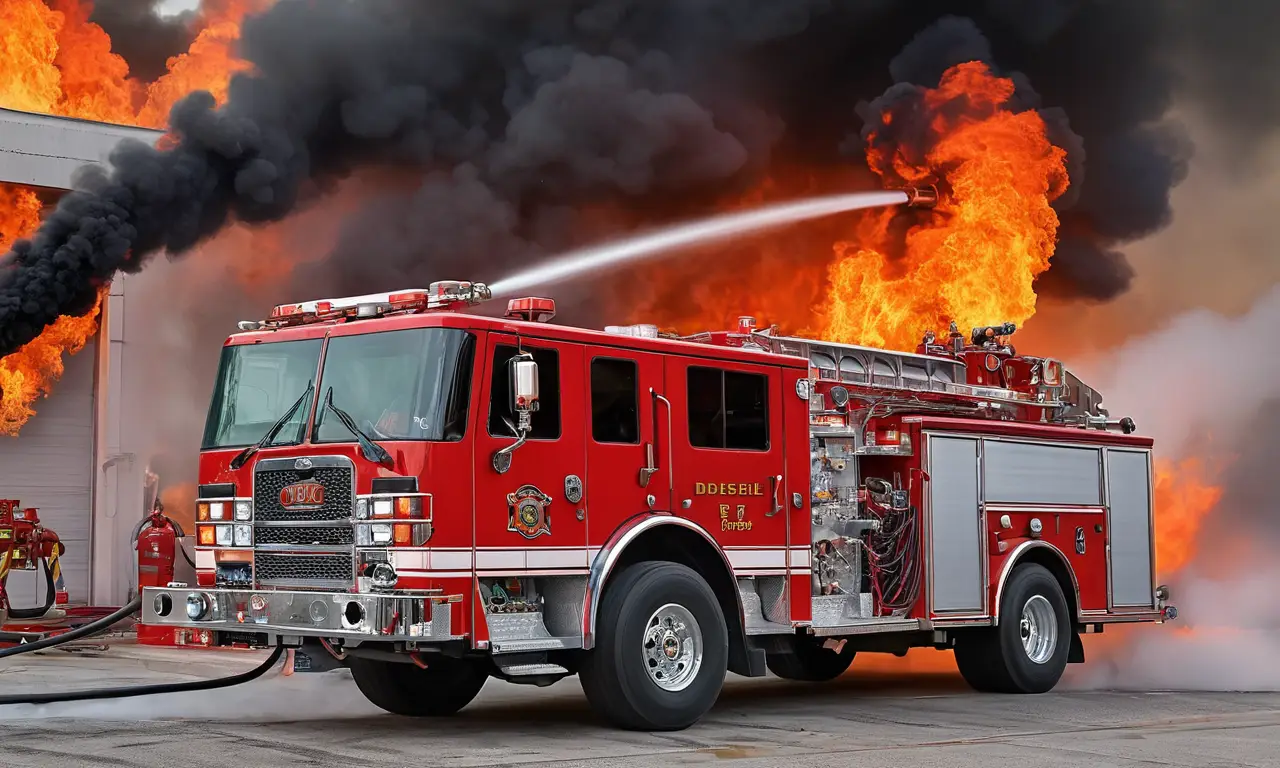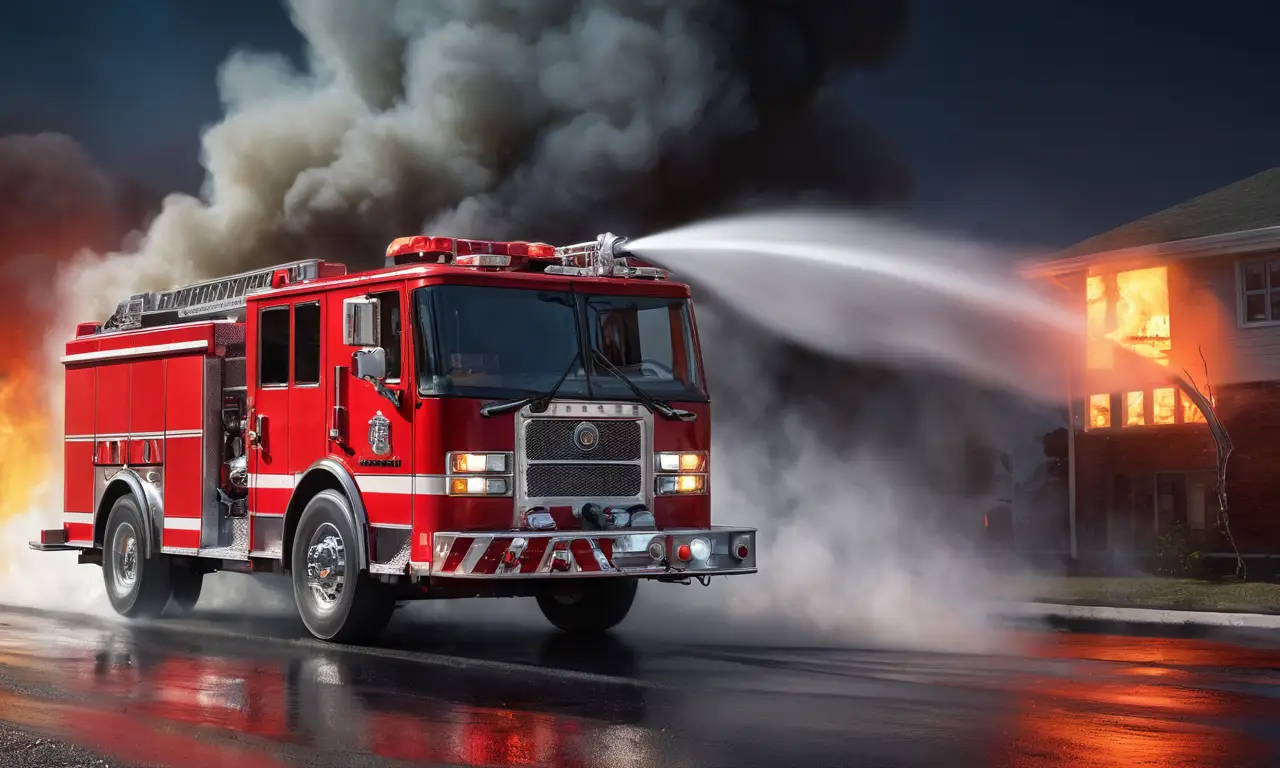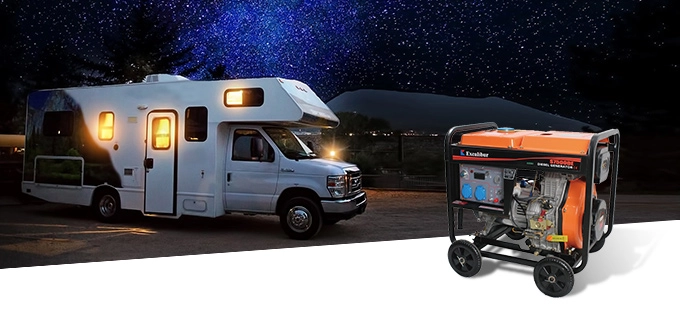Fire trucks are the backbone of emergency response, racing against time to save lives and property. Their ability to reach emergencies quickly and effectively depends heavily on a reliable fuel source. Unlike most everyday vehicles, fire trucks primarily rely on diesel fuel to power their operations. This choice stems from the unique demands placed on these powerful machines, requiring high torque and consistent performance even in challenging conditions.
This article delves into the reasons behind the widespread use of diesel fuel in fire trucks, exploring its advantages, the specific power requirements of these vehicles, and the specialized fueling infrastructure that supports their critical missions. We’ll also examine the importance of readily available fuel sources for ensuring swift and efficient emergency response.
Diesel Fuel Advantages
Diesel fuel offers several key advantages over gasoline that make it the preferred choice for fire trucks:
- Higher Power Output: Diesel engines generate significantly more torque than gasoline engines at lower RPMs. This means fire trucks can accelerate quickly, navigate rough terrain, and tow heavy equipment with ease.
Improved Fuel Efficiency: While diesel fuel is often slightly more expensive per gallon, its higher energy density translates to better fuel economy compared to gasoline. This is crucial for fire departments that operate large fleets of vehicles and need to minimize operational costs.
Durability and Longevity: Diesel engines are renowned for their robust construction and long lifespan. They can withstand the rigors of frequent use, demanding conditions, and heavy loads, ensuring reliable performance even in emergency situations.
Fire Truck Power Requirements

Fire trucks are not your average vehicles; they are designed to handle a wide range of tasks requiring substantial power output:
- Pumping Water: Fire engines need powerful pumps to deliver large volumes of water at high pressure to extinguish fires effectively. This requires significant engine torque and horsepower to operate the pump system efficiently.
Carrying Heavy Equipment: Fire trucks often carry a variety of equipment, including hoses, ladders, rescue tools, and even specialized apparatus like aerial platforms. The weight of this equipment necessitates a powerful engine capable of hauling it safely and efficiently.
Navigating Challenging Terrain: Emergency situations can occur in diverse environments, from urban streets to rugged off-road locations. Fire trucks must be able to maneuver through obstacles, climb steep inclines, and traverse uneven surfaces, demanding strong engine performance and torque.
Emergency Response Needs
Time is of the essence in emergency situations, and fire trucks need to reach their destinations quickly and efficiently:
- Rapid Deployment: Fire departments rely on swift response times to minimize damage and save lives. Powerful diesel engines enable fire trucks to accelerate rapidly and navigate traffic effectively, ensuring they arrive at emergencies promptly.
Reliable Performance: Firefighters cannot afford engine failures or breakdowns during critical operations. Diesel engines are known for their reliability and durability, providing a dependable power source even under extreme stress.
Extended Operational Range: Emergencies can occur in remote areas with limited access to fuel stations. The longer operational range offered by diesel-powered fire trucks allows them to operate effectively in these challenging environments.
Specialized Diesel Fuel

While standard diesel fuel meets the basic requirements of most vehicles, fire trucks often require specialized fuel blends:
- Low Sulfur Content: High sulfur content in diesel fuel can contribute to engine wear and emissions. Fire departments often use low-sulfur diesel fuel to minimize environmental impact and protect their engines.
- Additives for Extreme Conditions: In regions with extreme temperatures or demanding operating conditions, fire trucks may utilize specialized diesel fuel blends containing additives that improve cold-start performance, reduce friction, and enhance engine protection.
Fueling Stations and Contracts
Fire departments have established systems to ensure a constant supply of fuel for their fleets:
- Dedicated Fueling Stations: Many fire stations are equipped with dedicated fueling facilities to provide convenient access to diesel fuel for their vehicles.
- Contracts with Local Gas Stations: Fire departments often enter into contracts with local gas stations to secure preferential pricing and guaranteed fuel availability for their fleet of trucks.
Conclusion
The choice of diesel fuel for fire trucks is a strategic decision driven by the unique demands of emergency response. Diesel’s superior power output, torque, fuel efficiency, and durability make it the ideal fuel source for these critical vehicles. Specialized fueling infrastructure and contracts ensure that fire departments have a reliable supply of high-quality diesel fuel to keep their fleets operational and ready to respond to emergencies at a moment’s notice.



